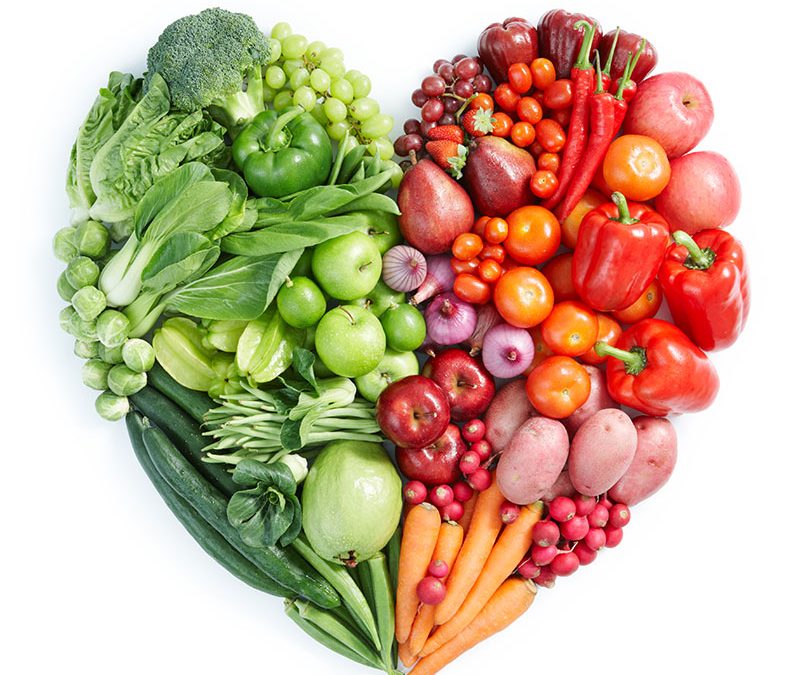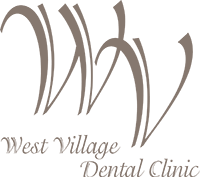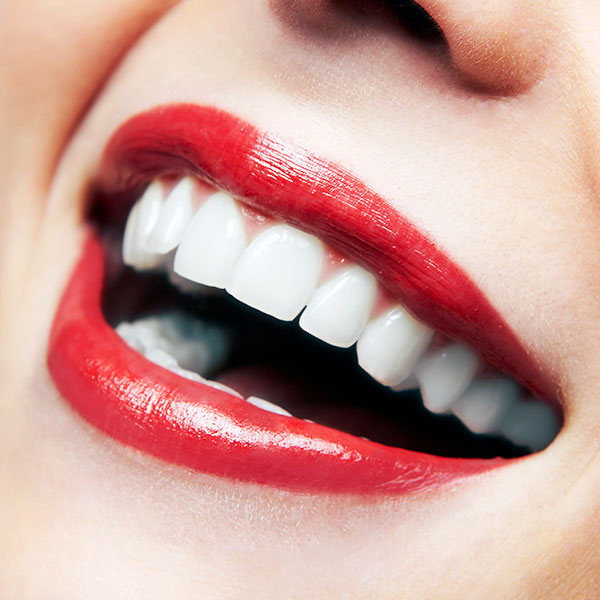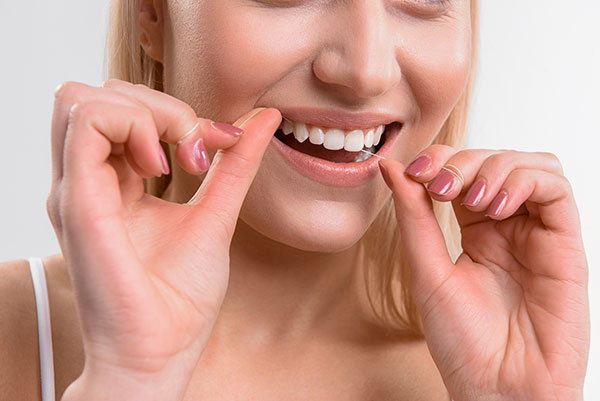
Learn Which Foods Are Good & Bad For Your Teeth
So, what makes a food good or bad for your teeth? Which foods should you be eating more of, and which foods should you be reducing? Most of the time, the foods that are healthy for your body are also healthy for your teeth.
Unhealthy Foods for Your Teeth
We all know that sugar causes cavities. Any foods containing sugar, even natural sugars like the sugars in milk and dried fruit, have the potential to cause cavities. When you consume sugar, it gets converted to acids in your mouth that attack your teeth, causing cavities. The type of sugary foods that are the most cavity-causing are the foods that get stuck in your teeth, prolonging the exposure time. These types of foods are anything gummy, chewy or sticky such as candy, dried fruit and granola bars. It is essential to try and reduce the consumption of these foods. If you do have them, try to brush your teeth or at least rinse your mouth after.
Healthy Foods for Your Teeth
It is vital to consume a well-balanced diet, high in vitamins and minerals. Raw fruits and vegetables are particularly good for your teeth because they act as a cleanser. When you bite down into a raw fruit or vegetable, it helps to remove plaque that is already sitting on your teeth and on the biting surfaces of your molars. Try eating raw carrots, celery and apples as snacks. Another good food to help keep your teeth healthy is cheese. Cheese helps to balance the pH level of your mouth. So if you’ve just eaten something very sweet or acidic, try eating a cube of cheese after to neutralize your mouth, preventing cavities and acid erosion.

Quantity vs. Exposure Time
When consuming foods and drinks that are higher in sugars and acids, the most important thing we have to think about is the exposure time of the foods and drinks on our teeth. The more you expose your teeth to sugars and acids, the more susceptible they will be to cavities and erosion. For instance, if you drink a very sugary soda all at once, the exposure time from the acids and sugars in the soda will be much shorter than if you sip it slowly throughout a few hours. Each time you take a sip of that soda, you are bathing your teeth in the sugars and acids and prolonging the potential for damage.



